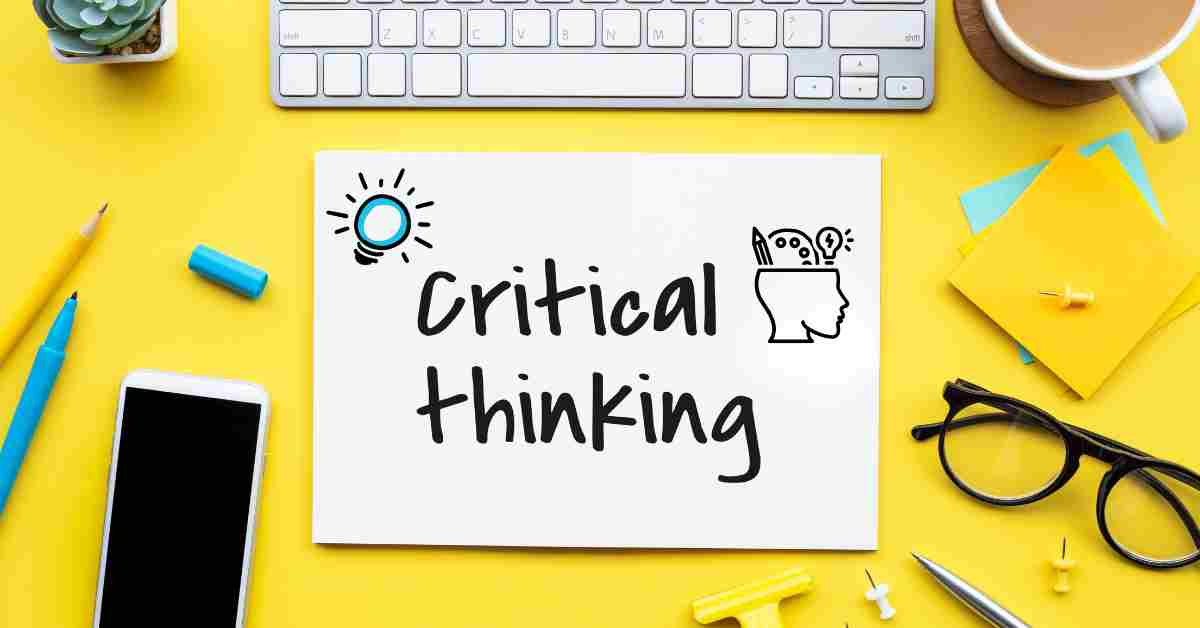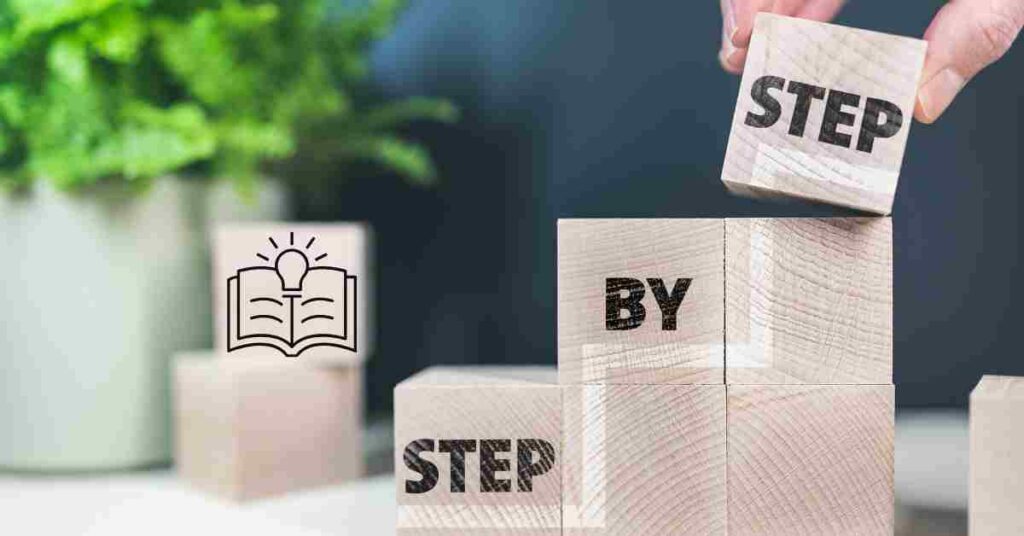info@subilrecruiters.com

How to develop critical thinking skills on a budget
Critical thinking is not only for academics or researchers. In fact, it is an important skill that helps students, graduates, and professionals solve problems, make good choices and succeed in a changing world.
At first, many people think they need expensive courses or
materials to develop this skill. However, that is not true. With the right
mindset, you can improve your critical thinking every day without spending
much.
This article will guide you through simple steps to build your critical thinking. Whether you are a student, a recent graduate or learning later in life, these tips will support you along the way.
What every student needs to know
Imagine entering a job interview or taking an important exam and being asked to think clearly under pressure. That moment will test more than subject knowledge.
Employers value someone who reasons well, questions assumptions, and adapts. Critical thinking is one of those skills.
It separates good students from great ones. Many assume it costs a lot of time or money. However, it does not. Even small habits can make a big difference.
Recent research shows 61% of senior leaders in FTSE350 companies believe critical thinking will grow more important as automation increases. Universities UK reported this in a survey of talent acquisition specialists.
Understanding critical thinking
What is critical thinking exactly? It means analysing evidence carefully before forming opinions. It also means considering other views, asking questions, and evaluating all sides, perspectives, and possibilities before forming an opinion or deciding what to believe.
To think critically, you must develop knowledge from multiple perspectives. The broader your understanding, the more accurate and balanced your thinking becomes.
Rather than accepting everything, a student should weigh reasons, spot mistakes, and adjust beliefs when needed.
Recent reports show UK businesses believe that creativity and critical thinking are among the top skills in demand.
Experts say graduates with critical thinking will become more essential as jobs become more automated.
Understanding this skill helps you in essays, research, job tasks and everyday life. It builds stronger arguments, reduces mistakes, and increases confidence. Therefore, any effort you make now will repay you later.
There are many ways to strengthen your critical thinking, and the good news is that most of them cost little or nothing. Below are practical steps you can start using right away.

Step 1: read widely without cost
Reading is one of the most powerful tools for strengthening
thinking. It exposes you to different ideas, facts, and styles of reasoning.
You will become more critical when you explore beyond what
you already believe. Free options include:
- Public libraries that have books on logic, philosophy, science and current affairs.
- Open-access journals and educational websites.
- Long-form essays, opinion pieces, and quality newspapers online.
While reading, compare different points of view. Ask: “Which sources have bias?”, “What evidence is given?”, “Do arguments hold together?” Thus, a habit of sceptical reading is formed.
Step 2: practise reflection daily
Reflection means reviewing what you think, believe and do. Often, students skip this. Yet reflecting daily builds awareness of weak thinking and helps correct it.
You might set aside time each evening or morning to ask:
- What decisions did I make today and why?
- What beliefs influenced my actions?
- Which assumptions did I not question?
Over weeks, you will notice patterns. Some beliefs are unhelpful. Others are strong. Reflection teaches you to spot those. Consequently, your decision-making becomes sharper.
Step 3: learn through free online courses
Many free online courses help you learn reasoning, logic, scientific thinking and argument structure. They often come from reputable universities or educational organisations.
You will learn how to build arguments, evaluate claims, and recognise weak reasoning. Sites offering free learning include:
- Massive open online courses from well-known universities.
- Platforms that offer free versions of courses in critical reasoning or logic.
- Video lectures and podcasts produced by credible sources.
YouTube channels are another great resource. Many experts explain complex topics from different perspectives, helping you see how various disciplines approach the same issue.
Watching such content develops your ability to weigh all sides before forming conclusions.
Moreover, you should apply what you learn. Use course tasks or case studies. Ask yourself: “How would I apply this to my essays or work?” Thus, knowledge becomes useful.
Step 4: engage in meaningful conversations
Talking with others challenges your thinking in ways you cannot do alone. Others spot gaps you miss. Also, you test your reasoning when you explain things. Opportunities for conversation include:
- Student societies, debates or study groups.
- Online forums where people disagree politely.
- Peers, tutors or mentors.
When you take part, listen carefully. Ask follow-up questions. Accept that you might be wrong. After that, adjust your view. Interaction teaches humility and precision.
Step 5: solve everyday problems creatively
Everyday problems become chances to exercise critical
thinking. Thinking creatively means looking for options beyond the obvious.
Reasoning critically means checking consequences before
choosing. You can practise this by:
- Solving puzzles, logic games or riddles that require thinking steps.
- Trying mobile applications that focus on brain training.
- Breaking problems into smaller parts and analysing each part.
Whenever you face a decision, large or small, take time. List pros and cons. Think of risks. Seek alternatives. Over time, your brain will learn new pathways of thought.
Step 6: seek feedback and adjust continually
You grow faster when others help you see blind spots. Feedback offers insight you cannot get alone.
You must accept feedback, evaluate it, and change accordingly. Ways to get feedback include:
- Ask friends or classmates to review your essays.
- Approach lecturers for suggestions on reasoning.
- Join peer review sessions or workshops.
Feedback should be welcomed, though it may sting sometimes.
After you reflect, you may change your argument style, revise beliefs, or
correct faulty assumptions. That process helps improve thinking gradually.

Common mistakes to avoid
Even with good effort, you may fall into traps. Awareness of these mistakes helps you avoid them. Mistakes include:
- Relying only on one source of information.
- Ignoring viewpoints different from your own.
- Assuming what feels true must be accurate.
- Expecting improvement without steady practice.
When you catch such mistakes early, you prevent faulty reasoning from becoming a habit. That saves time, stress, and helps produce better work.
Conclusion
Critical thinking can transform how you learn and work. Small steps taken today will add up.
Reading, reflecting, discussing and seeking feedback are accessible things you can do now. They cost little yet yield much.
Set yourself challenges this week: read one essay, watch one YouTube video on a topic outside your comfort zone, reflect for five minutes, and join one discussion.
Keep going. Soon, thinking clearly will feel natural and your ability to evaluate all sides will become a habit that strengthens every decision you make.
You might find this related article helpful.


